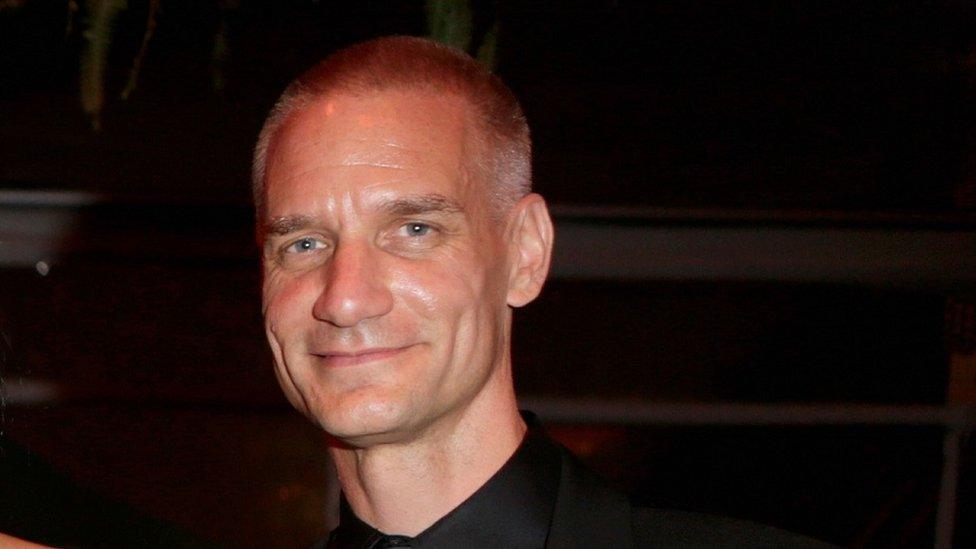Goldman Sachs to offer senior staff unlimited holiday
- Published

Investment bank Goldman Sachs has said its senior staff will be allowed to take as much holiday as they want.
There will be no cap on paid leave under the bank's new "flexible vacation" plans which are designed to promote "rest and recharge".
Junior bankers, however, will still only be entitled to a fixed amount of holiday.
The bank has been accused of overworking younger staff in the past.
In a memo sent to staff globally, the bank said workers would be required to spend at least three weeks on leave annually from next year, with at least one week of consecutive days off.
"As a firm, we are committed to providing our people with differentiated benefits and offerings to support wellbeing and resilience," the firm wrote.
"As we continue to take care of our people at every stage of their careers and focus on the experience of our partners and managing directors, we are pleased to announce enhancements and changes to our global vacation programme designed to further support time off to rest and recharge."
Very few employers currently offer unlimited leave, but the policy is gaining in popularity.
LinkedIn, Bumble and Netflix now offer the perk. And the bank Citigroup has offered junior workers in Malaga eight hour days with no weekend work for half of the $100,000 starting salary offered for the same roles in London and New York.
'Counter productive'
Claire McCartney, inclusion and resourcing adviser for the Chartered Institute of Personnel and Development (CIPD), said that unlimited leave could be a way to "empower" employees and "may help to attract and retain talent".
However, she said the policy needs "careful" management and could be "open to abuse".
"There's a risk that it could prove counter-productive, some people could take less leave which could lead to stress and burnout," she added.
"It's also important for it to be fair. If it is only open to certain employees, for instance, senior staff, that could lead to the rest of the workforce feeling undervalued and resentful."
Junior employee burnout
Last year, people who had recently joined Goldman though its graduate recruitment scheme said they would quit unless their gruelling working conditions improved.
An internal survey among 13 employees showed they averaged 95 hours of work a week and slept just five hours a night.
In the survey, all of the respondents said the job had negatively affected their relationships with friends and family, while 77% said they had been victims of workplace abuse.
Working conditions were described as "inhumane" and "abusive" in the survey, which was seen by the BBC.
At the time, a spokeswoman for the bank told the BBC it was "listening to their concerns and taking multiple steps to address them".
The bank also said it had reinforced its "Saturday Exception" policy - which means that employees cannot work from 9 pm on Friday to 9am on Sunday except in certain circumstances - and was moving to automate certain tasks for junior staff.

Do you or your organisation have an unlimited holiday policy? Share your thoughts and experiences. Email haveyoursay@bbc.co.uk, external.
Please include a contact number if you are willing to speak to a BBC journalist. You can also get in touch in the following ways:
WhatsApp: +44 7756 165803
Tweet: @BBC_HaveYourSay, external
Please read our terms & conditions and privacy policy
If you are reading this page and can't see the form you will need to visit the mobile version of the BBC website to submit your question or comment or you can email us at HaveYourSay@bbc.co.uk, external. Please include your name, age and location with any submission.
Related topics
- Published8 April 2022

- Published2 August 2021

- Published16 February 2022
